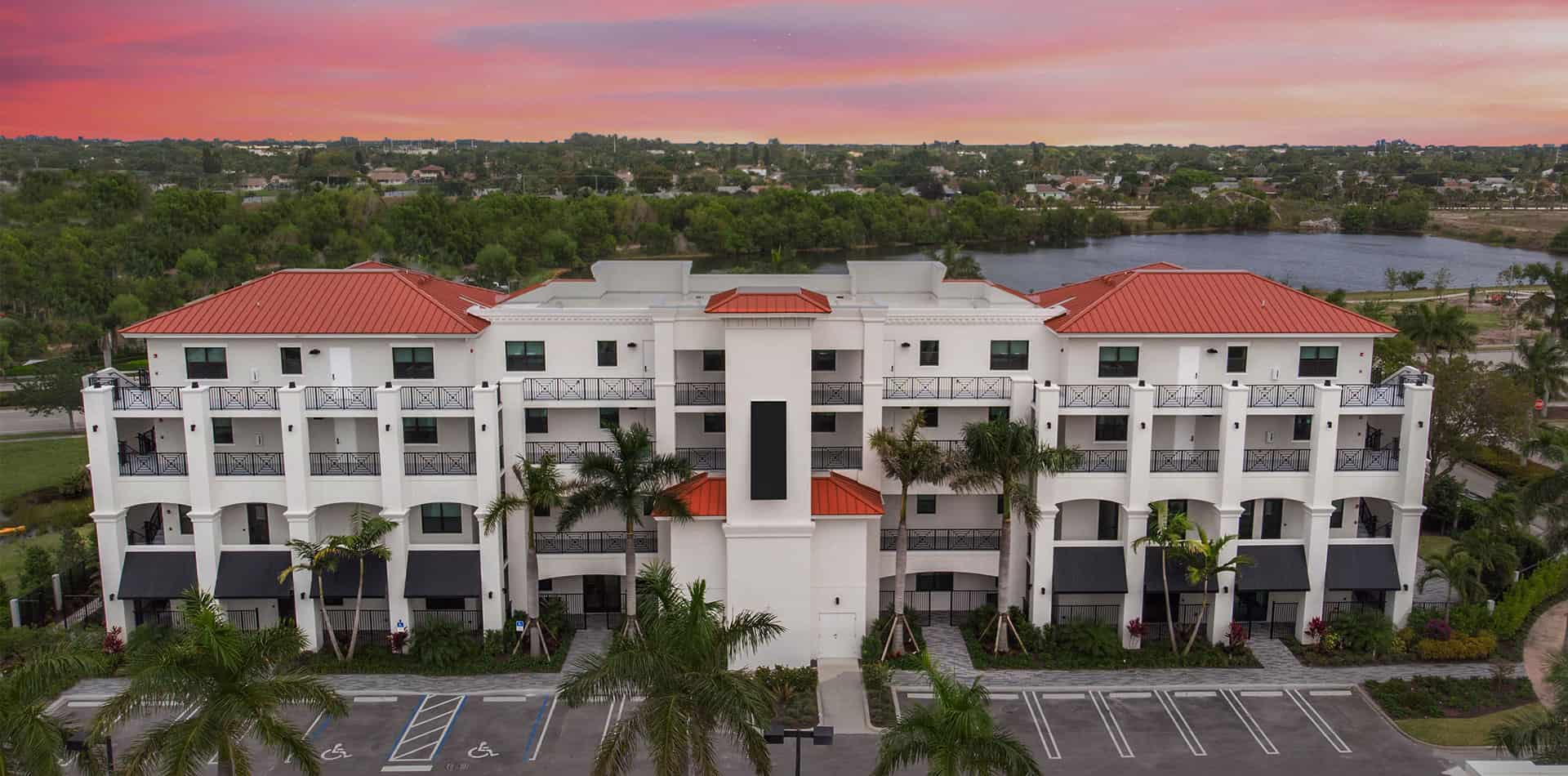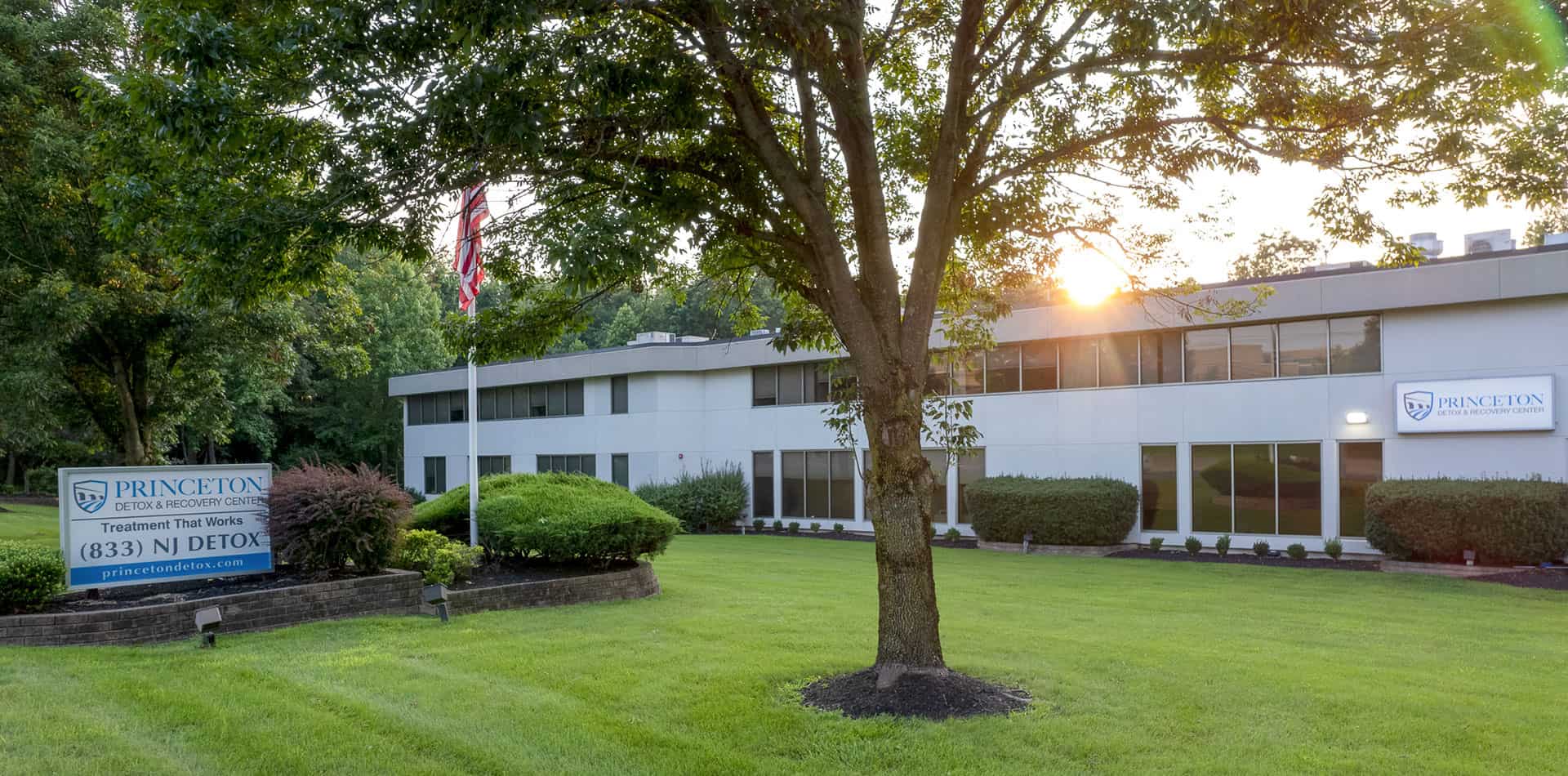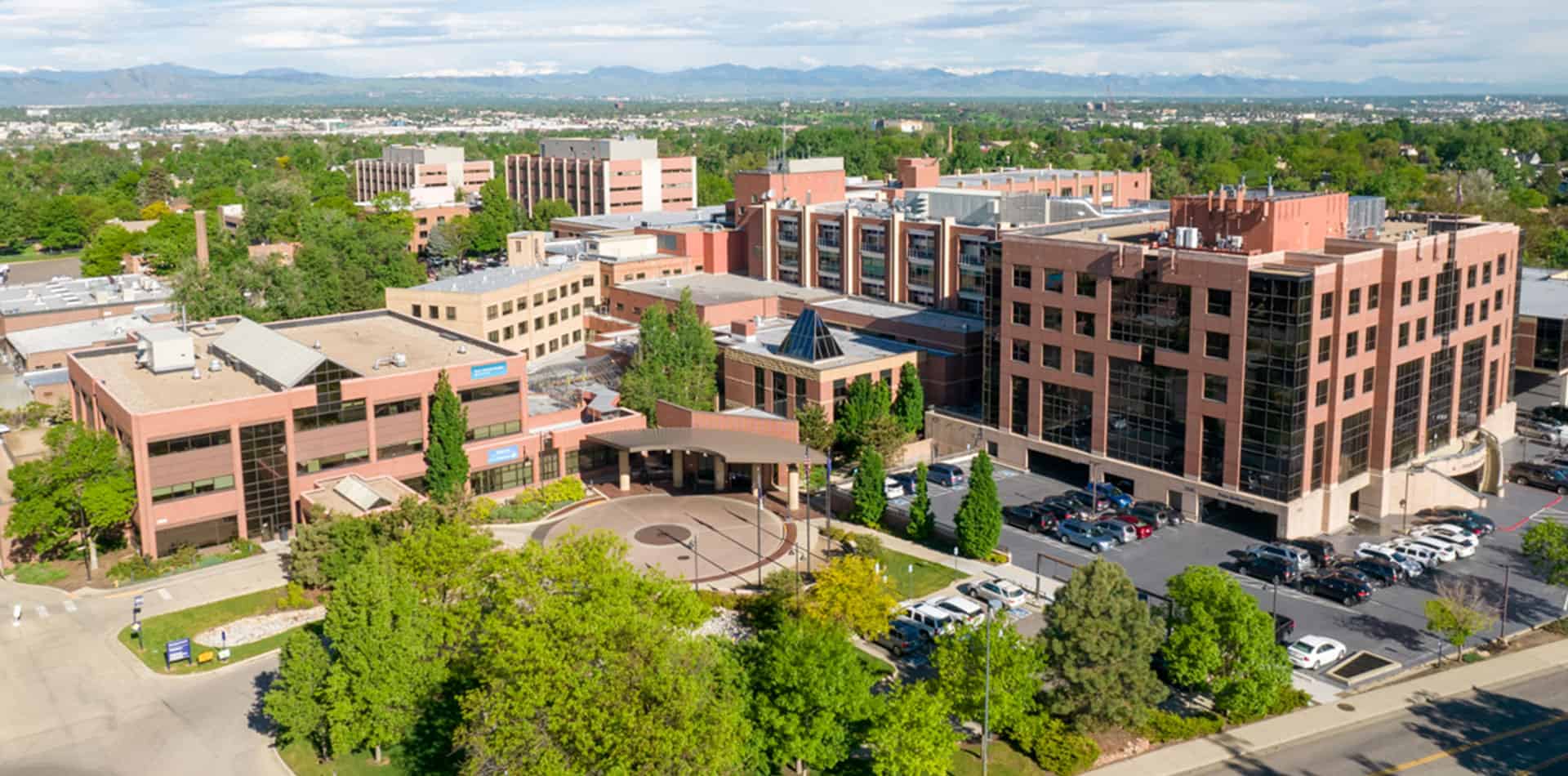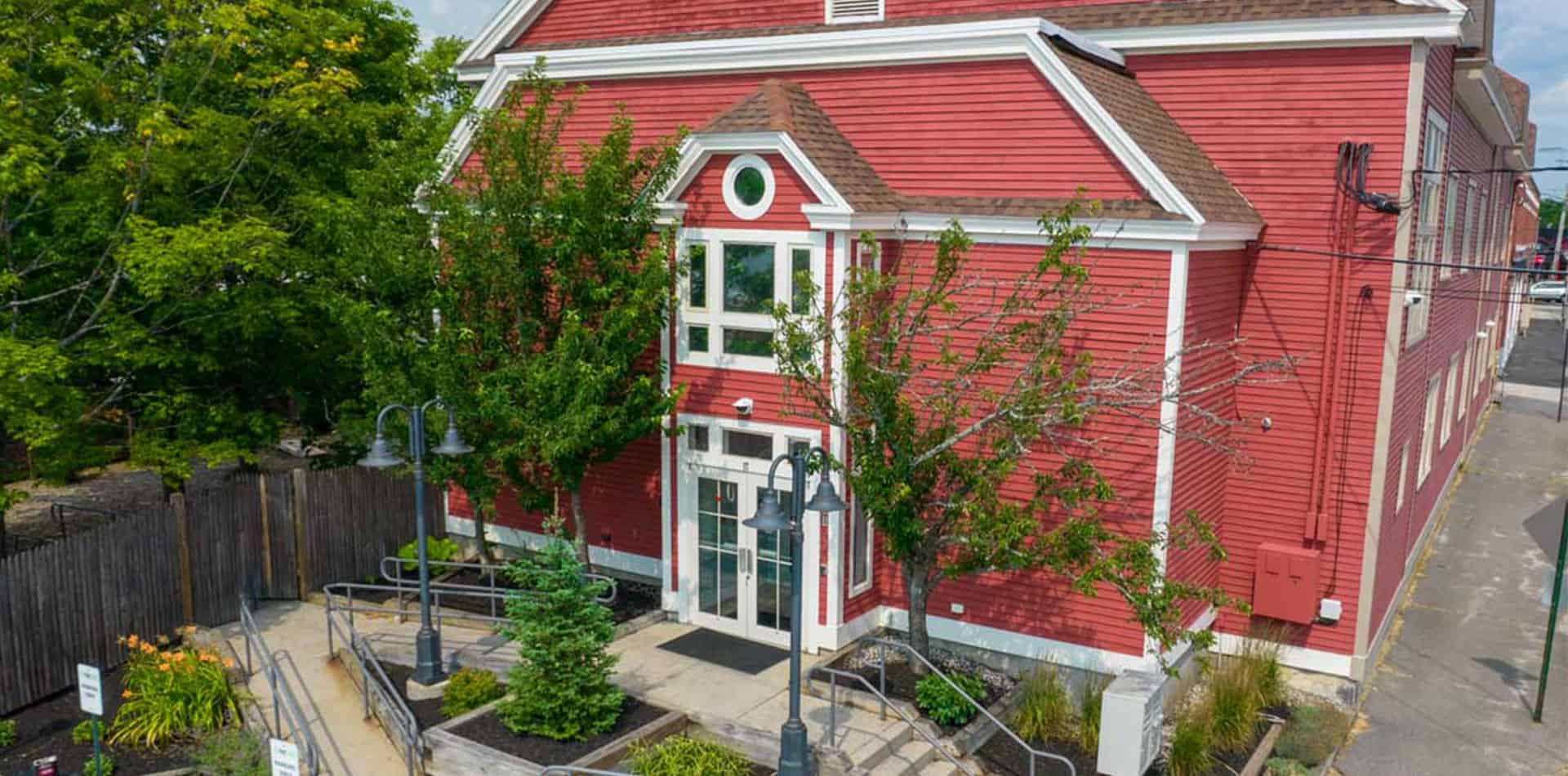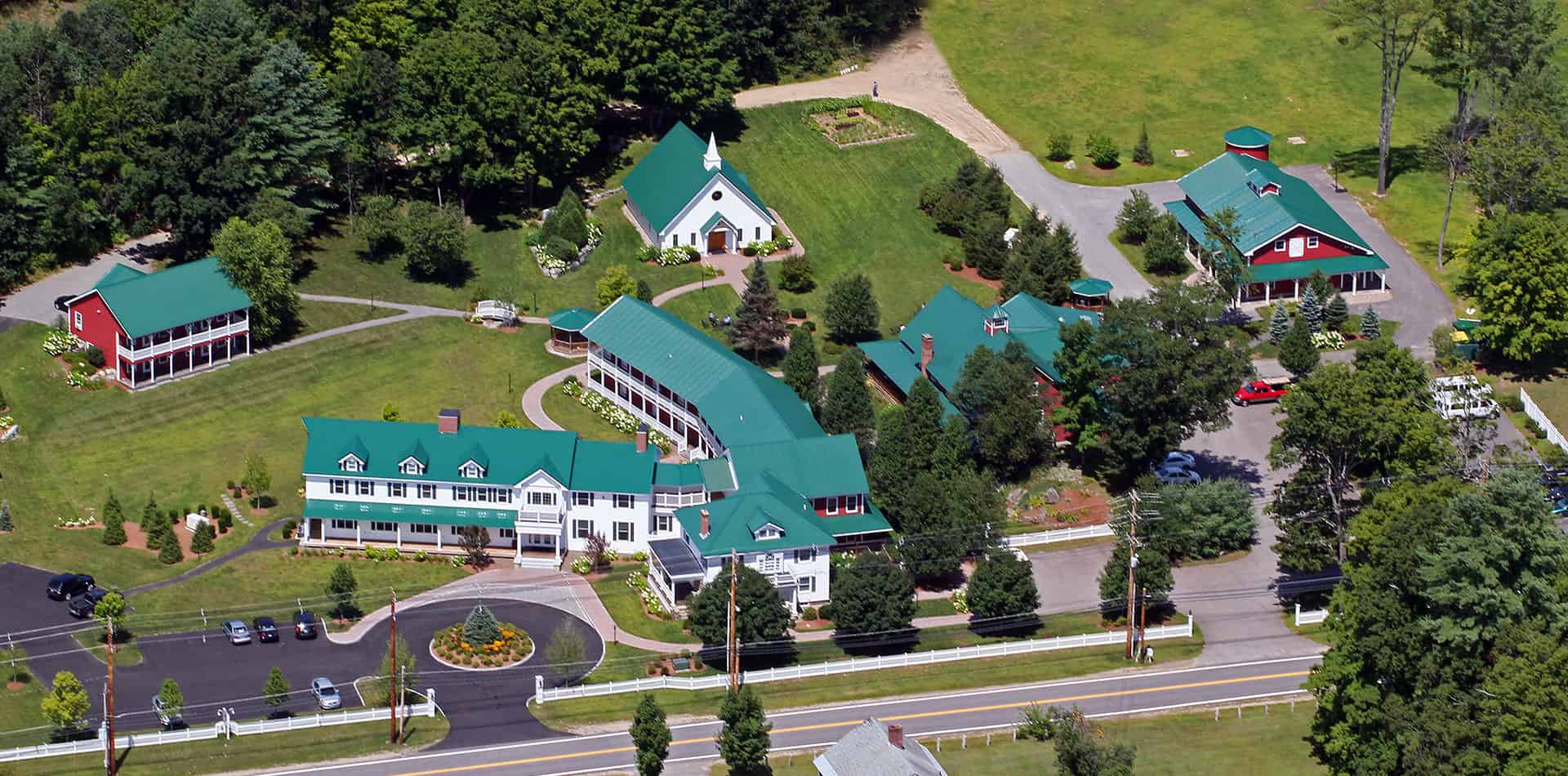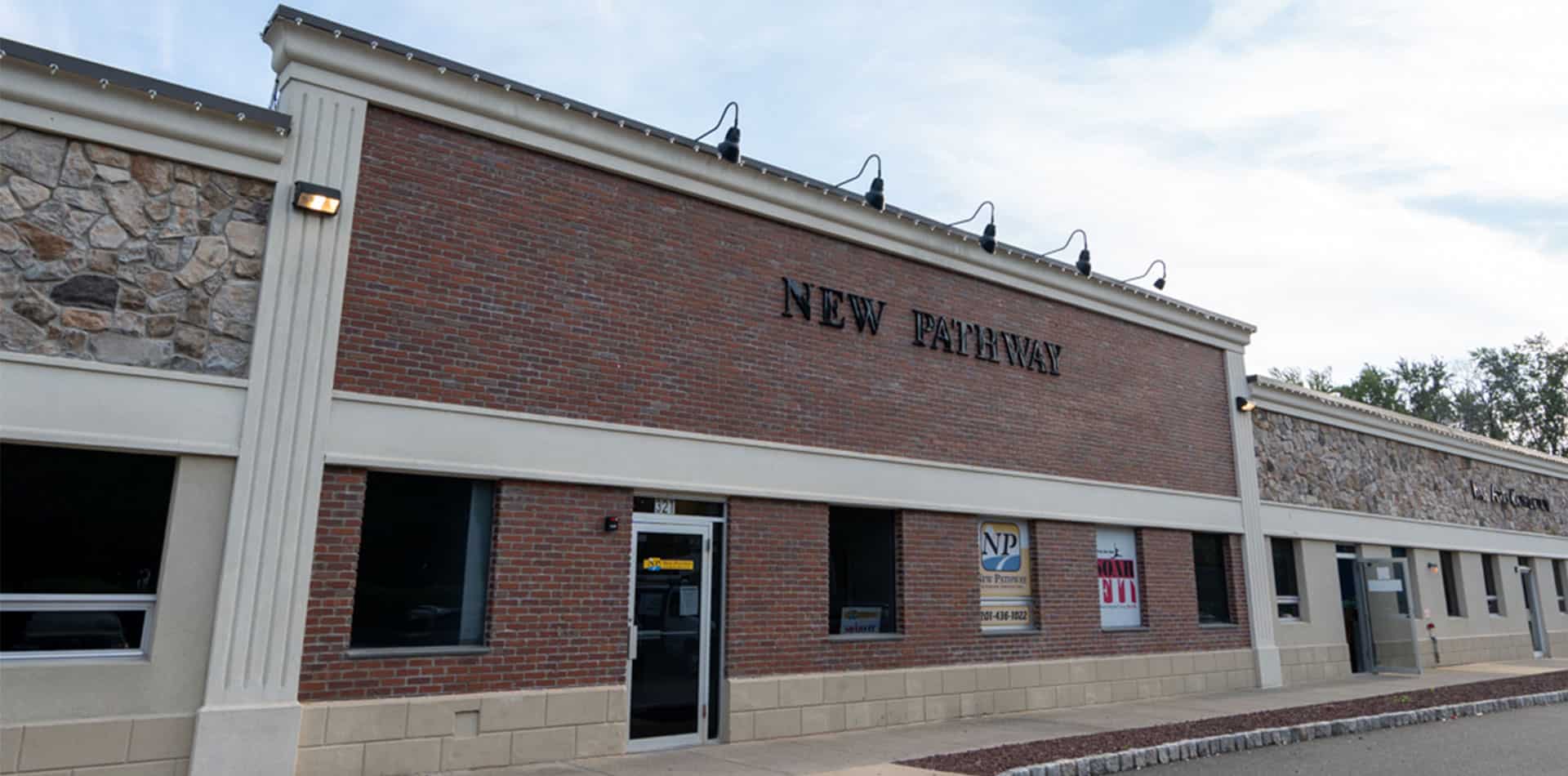Residential Inpatient
We will give you the support and guidance you need to get started on the road of long-term recovery.
Residential Treatment
What to Expect
Situated in serene and healing environments across the country, our residential treatment centers are designed to offer a comprehensive, immersive journey towards recovery. Our philosophy is rooted in a holistic, whole-person approach, recognizing that true healing encompasses the mind, body, and spirit. Each center provides a tranquil setting that supports reflection, healing, and growth, enabling our clients to focus entirely on their recovery journey without the distractions of the outside world.
Our residential treatment programs offer a blend of evidence-based therapies, innovative treatment modalities, and personalized care plans tailored to meet the unique needs of each individual. We understand that addiction affects everyone differently, and our multidisciplinary team of experts, including therapists, medical professionals, and wellness specialists, work collaboratively to create integrated treatment experiences. From individual and group therapy sessions to experiential therapies such as art therapy, mindfulness meditation, and physical wellness activities, our comprehensive approach aims to heal the whole person, addressing not only the symptoms of addiction but its underlying causes as well.
Guardian Recovery’s commitment to excellence extends beyond the therapeutic environment, with an emphasis on creating a supportive community and a sense of belonging among our clients. Our residential centers are designed to feel like a home away from home, offering comfortable living spaces, communal areas for socializing, and serene outdoor spaces for contemplation and connection with nature. By fostering a strong sense of community, we encourage our clients to build lasting relationships, share experiences, and support one another on their journey to recovery. At Guardian Recovery, we are dedicated to providing a transformative healing experience, empowering our clients to lead fulfilling lives in sobriety, and offering a pathway to lasting recovery.
Get Local Help
Transition to Residential Inpatient
Following detox, clients transition into one of Guardian Recovery’s residential inpatient facilities. Our facilities are some of the most well-respected, highly-rated, evidence-based treatment centers in the country. Our facilities are all beautiful properties with homestyle amenities including plush beds, serene lounge spaces, cozy group rooms, individual therapist offices and picturesque campuses in recovery-strong communities. Clients can choose between private and semi-private bedroom options. Our dining rooms serve high-quality, nutritious, home-cooked meals. And clients have access to a 24/7 snack cafe. All of our residential inpatient facilities take pride in creating an environment conducive to healing.
Start Healing Today!
Choose recovery and take control of your life, it’s the path to a brighter future filled with health, happiness, and fulfillment.
Our Whole-Person Approach
At Guardian’s residential inpatient facilities, we take a holistic approach to recovery, meaning we treat the whole person. Addiction has root causes and negative consequences on every level — physically, mentally, emotionally, socially and spiritually. In order for a person to truly recover, treatment needs to address all these factors. We do this using a variety of methods:
To address the physical:
We utilize medication assisted treatment and expert clinical care.
To address the mental & emotional:
We utilize intense therapeutic work, including individual, group and family therapy. Our therapists are trained in a wide range of therapeutic methods including cognitive behavioral therapy, dialectical behavior therapy, motivational interviewing, trauma therapy and the 12-Step process. We also have a dual-diagnosis program for individuals diagnosed with both a mental health disorder and a substance abuse issue.
To address the social:
We have life skills courses, recreational therapy and group workshops. Additionally we foster bonds between our clients, staff and outside recovery communities.
To address the spiritual:
We utilize tools such as acupuncture, meditation, mindfulness, nutrition therapy and yoga.
Complimentary Insurance Check
Find Out Today!
"*" indicates required fields
Our Residential Inpatient Programs
While residing at one of our facilities, clients partake in a packed daily schedule of recovery-related activities aimed at helping them heal, grow and learn the tools critical for their ongoing recovery. Clients will participate in individual therapy, group therapy and family therapy. Our therapists are well-trained in a wide range of therapeutic methods including cognitive behavioral therapy, dialectical behavior therapy, motivational interviewing, trauma therapy and 12-Step recovery modalities. Through therapy, our clients learn: coping mechanisms for dealing with their emotions; communication methods for improving their relationships; techniques for controlling their impulses; life skills for managing their lives; and relapse prevention tools.
While in residential inpatient, clients begin examining what might be blocking them from the life they desire. They start to identify negative thought patterns, destructive cycles of behaviors and false beliefs that are holding them back from experiencing the joys of recovery. Clients start to see their own defects of character and acknowledge where they’ve played a part in their past troubles. They see how change is possible if they follow the recovery path.
Many of our clients have been to treatment or attempted recovery before. For those clients, residential inpatient is an important time to identify the reasons the client previously failed to maintain long-term sobriety and recognize potential pitfalls.
Our clients start the process of re-establishing healthy relationships with loved ones and the outside world. They participate in family therapy and begin to build sober support networks. They are given increasing exposure to local peer-support communities (AA, NA, Smart Recovery, etc.). Clients begin daily implementation of long-term recovery practices such as prayer, meditation, daily inventory and mindfulness exercises.

Our Locations
Our Facilities & Teams Transform Lives
Changing lives by providing comprehensive support and rehabilitation, empowering individuals to overcome addiction and regain control of their health and well-being.
Part of a Continuum of Care
Residential inpatient treatment is generally a part of a multi-staged recovery process. Individuals have different needs. Some participate in the entire continuum of care, while others only certain parts. Guardian’s professional Treatment Advisors can help you plan a recovery plan that works for your personal needs. Contact us today to find out what path might work best for you or your loved one.
Our Continuum of Care:
1. Medically Monitored Detox – At Guardian Recovery we offer several options for inpatient detox. We are continually adding new medical detox facilities. All of our detox centers help clients work towards physical stabilization as they actively prepare to transition to the next appropriate level of clinical care (usually residential inpatient). We provide a safe and pain-free withdrawal by utilizing evidence-based methods like tapering and medication assisted treatment.
2. Residential Treatment – This portion of the continuum of care is a seven-day-a-week schedule of care that includes therapy, recovery groups, recreational activities, yoga, meditation and other educational workshops.
3. Partial Hospitalization (PHP) – This level of clinical care generally follows inpatient treatment. It provides clients with a full day of recovery activities 5-6 days a week, with some free time in the evening and on weekends. Clients generally live in a sober living home or at their own homes.
4. Intensive Outpatient Treatment (IOP) – Our intensive outpatient programs provide effective clinical care coupled with a higher level of personal freedom and flexibility. This level of care generally allows individuals to work or go to school while also participating in treatment a few days a week.
5. Aftercare – Aftercare plans are always individualized, but they generally include a continuation of individual therapy, recovery program involvement and often a stay in a sober living house.
6. Sober Living – Sober living housing provides men and women who are new to recovery with a structured and substance-free living environment. Most people stay in sober living for between six and nine months until they feel completely comfortable transitioning back into fully independent living.
READY TO MAKE A CHANGE?
Your Next Steps
Get Started on the Road to Recovery
If you think you or your loved one could benefit from a stay at one of Guardian’s residential inpatient facilities, please contact us. Our admissions process is simple and straightforward. We offer a free, no obligation insurance benefit check. If you are uninsured or under-insured, we also offer self-pay and private-pay financing options.
Reviewed professionally for accuracy by:

Ryan Soave
L.M.H.C.
Ryan Soave brings deep experience as a Licensed Mental Health Counselor, certified trauma therapist, program developer, and research consultant for Huberman Lab at Stanford University Department of Neurobiology. Post-graduation from Wake Forest University, Ryan quickly discovered his acumen for the business world. After almost a decade of successful entrepreneurship and world traveling, he encountered a wave of personal and spiritual challenges; he felt a calling for something more. Ryan returned to school and completed his Master’s Degree in Mental Health Counseling. When he started working with those suffering from addiction and PTSD, he found his passion. He has never looked back.
SELF-ASSESSMENT:
Do I Have a Substance Use Disorder?
Disclaimer: Does not guarantee specific treatment outcomes, as individual results may vary. Our services are not a substitute for professional medical advice or diagnosis; please consult a qualified healthcare provider for such matters.

